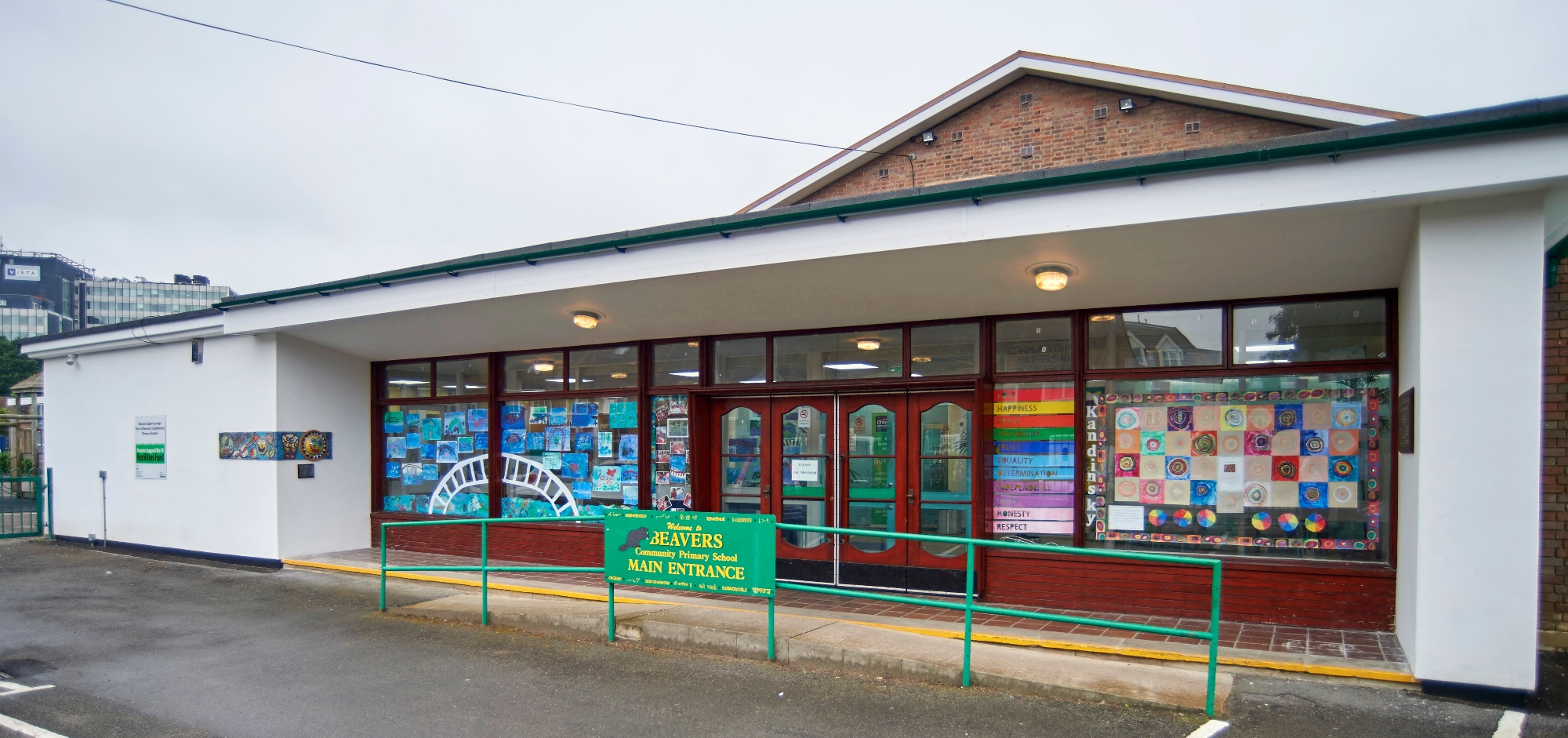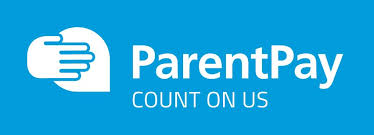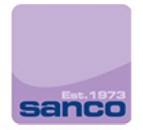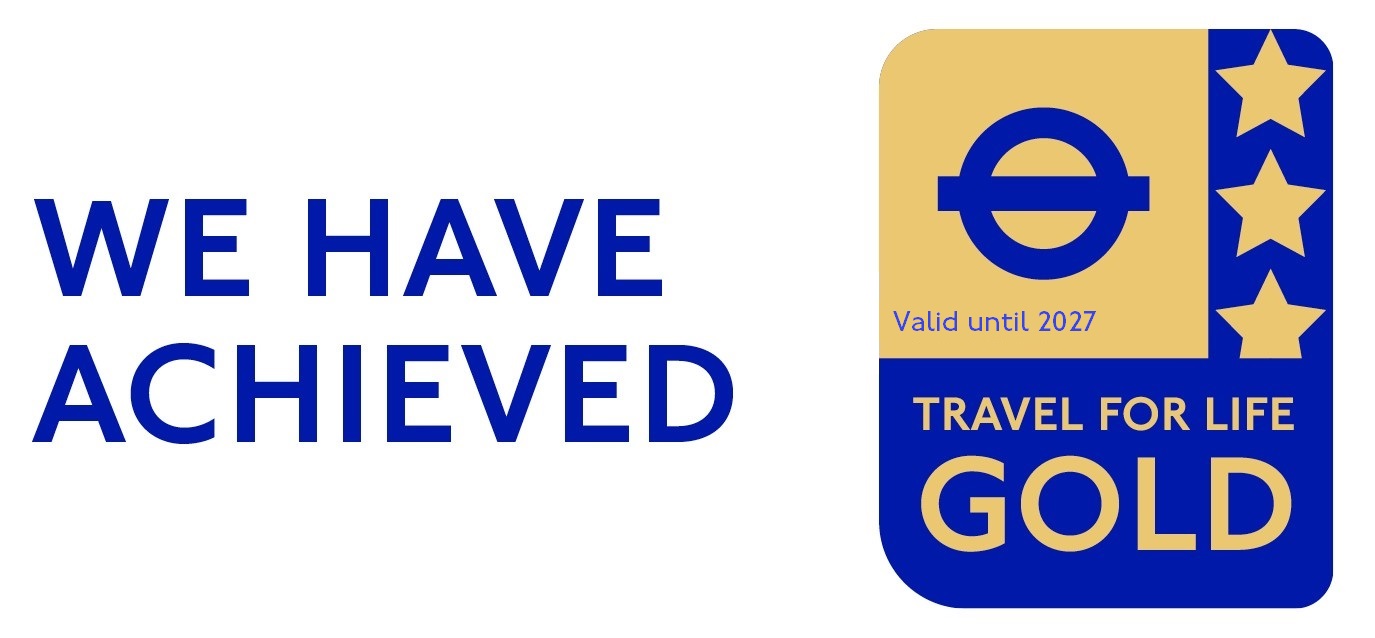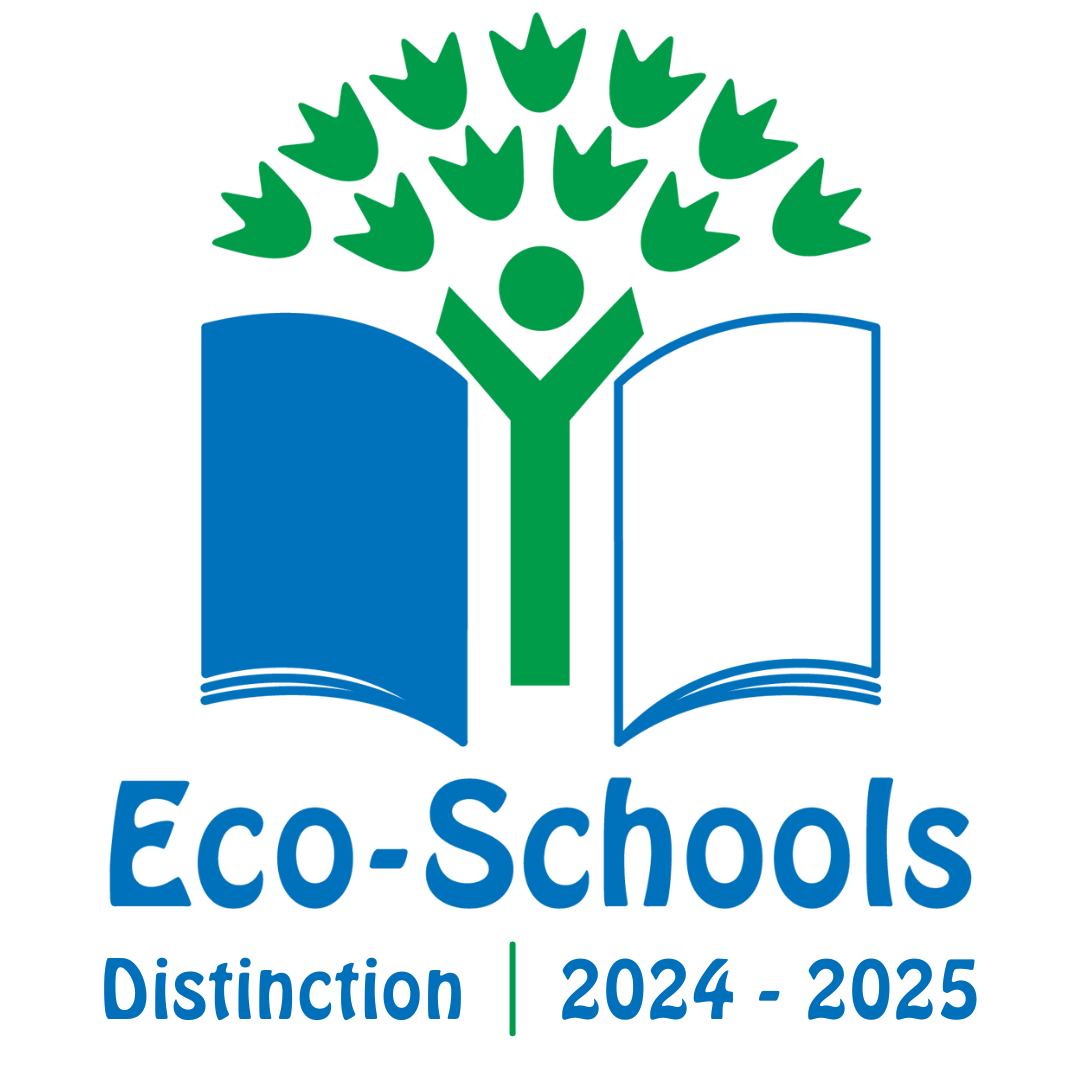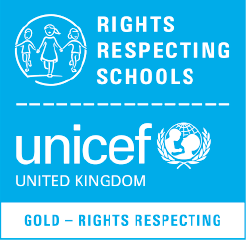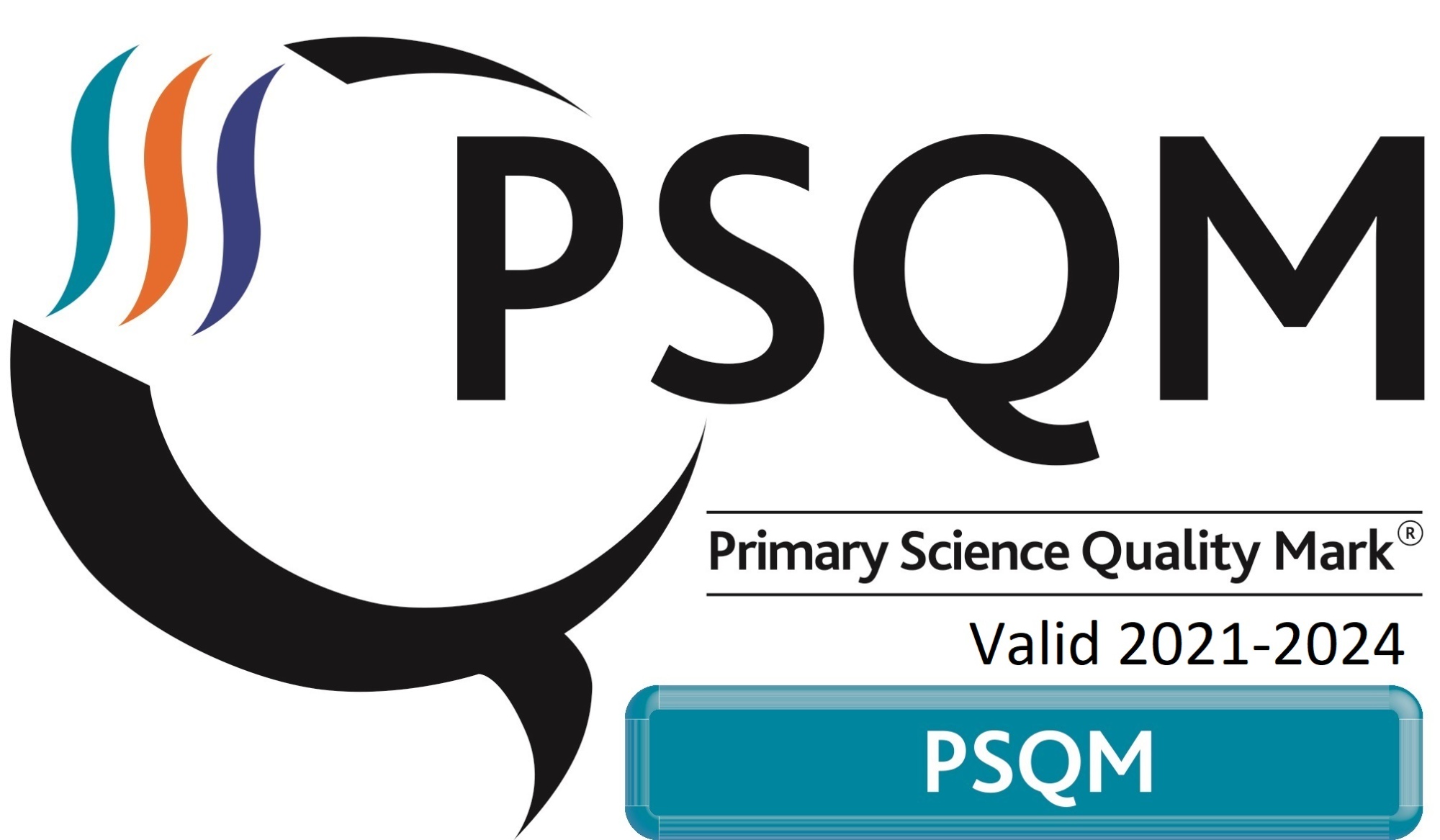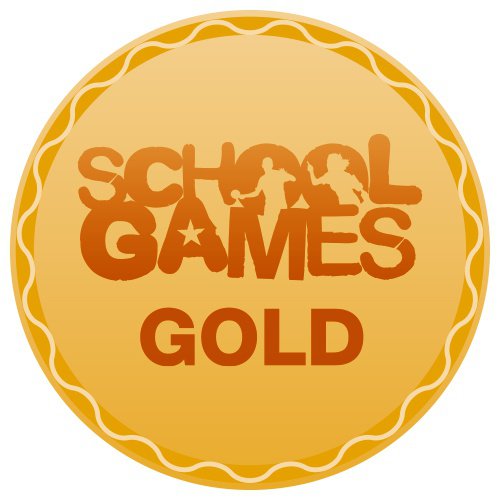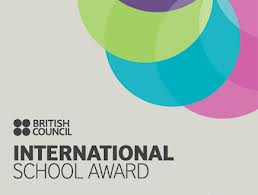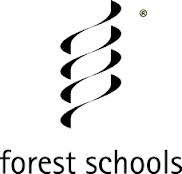The National Curriculum
Beavers Community Primary School follows the National Curriculum from Year 1 to Year 6.
Our curriculum design is based firmly on the principles of good learning matched to the specific needs of the children in our school. National requirements and school requirements are mapped out as a whole school and then individual year groups plan the curriculum for their pupils accordingly.
The curriculum is underpinned by the school’s values (Respect, Honesty, Determination, Equality, Cooperation, and Kindness) and these are taught on their own and through other areas of the curriculum, including assemblies. The spiritual, moral, social and cultural development of our pupils and their understanding of the core values of our society are woven through the curriculum.
At Beavers Community Primary School, we seek to create opportunities for children to experience and excel in a range of activities that enhance and extend the National Curriculum. Children have opportunities both inside and outside the classroom eg themed days, trips, workshops, sporting events, visiting speakers and much more.
Please click here to read our curriculum intent statement.
Further information regarding our curriculum can be found on the curriculum pages below.
Maths
We aim to provide the pupils with a Mathematics curriculum and high quality teaching to produce individuals who are confident mathematicians. We achieve this by developing numerical fluency, reasoning skills and the ability to problem solve. We also aim to provide a stimulating environment and adequate resources so that pupils can develop their mathematical skills to the full by developing their conceptual understanding of Mathematics.
The requirements of the National Curriculum are closely adhered to and planned for in each year group. They key content for each year group is detailed in the National Curriculum programmes of study, which can be found here.
English
At Beavers Community Primary School, we aim to provide children with the tools they need to develop their skills to the best of their ability throughout their lives. We believe that effective and efficient literacy skills (reading, writing, speaking and listening) are paramount to ensuring their success continues throughout their education and into their adult, working lives. We therefore place a high emphasis on the teaching of these skills so that our children are able to ultimately carry out the range of tasks demanded of them as they pursue their ambitions.
The requirements of the National Curriculum are closely adhered to and planned for in each year group. They key content for each year group is detailed in the National Curriculum programmes of study, which can be found here. This also includes further detail on English grammar and spelling conventions taught in each year group.
We use The Write Stuff which is based on two guiding principles; teaching sequences that slide between experience days and sentence stacking lessons. As part of the teaching sequence, teachers plan experience days; sentence stacking lessons and independent writing sequences. We further develop our pupils’ independent writing opportunities through the implementation of our non-core curriculum which provides our pupils with a clear purpose and audience in their writing.
Throughout our curriculum, children are exposed to ambitious vocabulary and sentence structures through teacher modelling and partner talk that enables high-quality oral and written compositions.
Through small steps, the multiple elements for the transcription (spelling and handwriting) and composition of writing are developed in discrete, systematic and purposeful sessions.
Phonics
At Beavers Community Primary School, we follow our own Systematic Synthetic Phonics (SSP) programme based on the DfE Letters and Sounds programme for teaching phonics in school. Children are taught to read letters or groups of letters by saying the sound(s) they represent. Children can then start to read words by blending (synthesising) the sound together to make a word. Children are taught to apply the skill of segmenting (breaking up) words into phonemes to spell and that blending and segmenting is a reversible process. We do this through a 20-minute teaching session per day in Reception and extended daily sessions in Years One and Two, which are streamed, alongside integrating phonics in cross-curricular activities throughout the day.
We work through six phases, from Reception to Year Two. The majority of children complete the phonics programme by the end of Key Stage 1. Phonics instruction continues in Year Three and beyond for children who have been identified as needing additional phonics teaching.
In Reception, Year 1 and 2, children follow the Oxford Reading Tree scheme of reading books, working through the stages appropriate to them. In Key Stage 2, children continue to follow the Oxford Reading Levels of fiction and non-fiction (with more advanced texts) until they become free readers.
Phonics a guide for staff and parents
Additional phonics resources to support your child can be found on our website here.
Reading
At Beavers Community Primary, we love reading and value the many benefits that it provides. We believe Reading for Pleasure is key for academic success and it plays a big part across our curriculum on a daily basis. We promote a reading culture that inspires children to love reading, makes them want to read and helps them to develop into avid readers and life-long learners.
The more that you read, the more things you will know.
The more that you learn, the more places you’ll go!”
– Dr. Seuss
In EYFS, through daily storytelling the children become immersed in stories that are at the heart of the learning and used as stimulus to develop language, vocabulary and foundational skills. Years 1 to 6 follow a reciprocal reading approach which focuses on different texts and genres; these are quality texts chosen by our reading leader and are mapped out for each year group, based on whole school themes. Adults and children read the chosen text together; discussion and learning are focused around skills such as fact retrieval, inference, understanding an author’s choice of punctuation and vocabulary, or summarising what they have read so far. Key Stage Two classes also have opportunities for independent reading throughout the week. Once a week, pupils participate in a ‘book club’, sharing their likes and dislikes, and making recommendations to each other and looking at recently published books. Throughout the week, the children also have many opportunities to listen to the class novel being read aloud by their teacher.
To ensure children are reading regularly at home as well as at school, children in Years 3 to 6 follow Accelerated Reader (AR) - a reading management and monitoring programme that aims to foster independent reading. The internet-based software assesses reading age, and suggests books that match pupils’ needs and interests. Pupils take computerised quizzes on the books and earn AR points as they progress.
Accelerated Reader works well for our pupils because it gives children significantly greater choice in levelled books that offer appropriate challenge; provides immediate and regular feedback to children and parents; allows teachers to make in depth and accurate assessments of children’s reading and comprehension; motivates children to read independently and more frequently; and helps to develop a love of reading! Alongside this, it also provides our pupils with a wealth of online reading resources through MyOn their online library.
Each classroom has its own ‘Class Library’, containing a selection of books which is directly linked with the class topic, amongst other books chosen by the children and adults. This offers opportunities for the children to apply their reading skills across the curriculum and further develop their understanding and knowledge of their current topic. Our school library is a well-loved space which all children from EYFS to Year 6 visit regularly. Children take out a book to share at home with their family. We work closely with our local Schools' Library Service to keep our book stock current, and to ensure that we have something for everyone. As well as being open during the school day, the library is open after school for KS2 parents to come along and read with their child and select books to take home together.
Science
At Beavers Community Primary school our science curriculum has been designed in line with understanding the world in Early Years and the Science Programmes of Study KS1 and KS2, the school aims to ensure that all pupils:
- Develop scientific knowledge and conceptual understanding through the specific disciplines of biology, chemistry and physics
- Develop understanding of the nature, processes and methods of science through different types of science enquiries that help them to answer scientific questions about the world around them
- Are equipped with the scientific knowledge they require to understand the uses and implications of science, today and for the future
- To use and understand the correct terminology in science
Scientific enquiry skills are embedded in each topic the children study and are supported through our science brains. These topics are revisited and developed throughout their time at school.
PE
At Beavers Community Primary we recognise the importance PE plays in the curriculum and are committed to providing all children with opportunities to engage fully in Physical Education. The aim of our PE programme is to develop children's basic physical competencies, build confidence in their ability and build the foundations for a lifelong love of sport, physical activity and a healthy lifestyle.
Our PE lessons are planned using the Get Set 4 PE platform, which aligns with our core values, our whole child approach to PE and the objectives laid out in the National Curriculum. Get Set 4 PE is planned so that progression is built into the scheme which ensures our children are increasingly challenged as they move up through the school.
History
At Beavers Community Primary school our history curriculum has been designed in line with understanding the world in Early Years and the History Programmes of Study KS1 and KS2, the school aims to ensure that all pupils:
- know and understand the history of these islands as a coherent, chronological narrative, from the earliest times to the present day: how people’s lives have shaped this nation and how Britain has influenced and been influenced by the wider world
- know and understand significant aspects of the history of the wider world: the nature of ancient civilisations; the expansion and dissolution of empires; characteristic features of past non-European societies; achievements and follies of mankind
- gain and deploy a historically grounded understanding of abstract terms such as ‘empire’, ‘civilisation’, ‘parliament’ and ‘peasantry’
- understand historical concepts such as continuity and change, cause and consequence, similarity, difference and significance, and use them to make connections, draw contrasts, analyse trends, frame historically valid questions and create their own structured accounts, including written narratives and analyses
- understand the methods of historical enquiry, including how evidence is used rigorously to make historical claims, and discern how and why contrasting arguments and interpretations of the past have been constructed
- gain historical perspective by placing their growing knowledge into different contexts: understanding the connections between local, regional, national and international history; between cultural, economic, military, political, religious and social history; and between short- and long-term timescales
Geography
At Beavers Community Primary school our history curriculum has been designed in line with understanding the world in Early Years and the Geography Programmes of Study KS1 and KS2, the school aims to ensure that all pupils:
- develop contextual knowledge of the location of globally significant places – both terrestrial and marine – including their defining physical and human characteristics and how these provide a geographical context for understanding the actions of processes
- understand the processes that give rise to key physical and human geographical features of the world, how these are interdependent and how they bring about spatial variation and change over time
- are competent in the geographical skills needed to:
- collect, analyse and communicate with a range of data gathered through experiences of fieldwork that deepen their understanding of geographical processes
- interpret a range of sources of geographical information, including maps, diagrams, globes, aerial photographs and Geographical Information Systems (GIS)
- communicate geographical information in a variety of ways, including through maps, numerical and quantitative skills and writing at length
RE
The teaching of Religious Education is statutory in all schools. It is taught as a subject outside the National Curriculum but following the Hounslow agreed syllabus (Widening Horizons).
Music
At Beavers Community Primary School, we have adopted Charanga, an award-winning programme that provides high quality, consistent music education throughout school. Charanga Musical School is a world-leading music teaching and learning platform, which is recognised internationally as promoting a modern and vibrant class music programme across the whole school that supports all the requirements of the national curriculum and follows the DfE Model Music Curriculum.
The children in KS2 at Beavers Community Primary are extremely lucky to have the opportunity to be a part of our school choir. We have for many years taken part in the 'A Voice in a Million' concert. This show brings together school children from all over the UK to sing as one voice. The message underpinning Voice in a Million, staged every year since 2009, is to raise awareness and bring a voice to the thousands of children in the UK Care System. Our school choir also regularly perform for our local care home.
We also run a successful staff choir who perform for the children regularly in school assemblies, during lunch service and during our annual Arts Week.
Art
At Beavers Community Primary School we use a mixture of plans from Access Art and plans created by our dedicated art teacher. Access Art allows our non-specialist art teachers to feel confident and enabled to deliver inspirational art activities to all children. The lessons allow teachers to explore alongside the pupils, modelling an attitude of curiosity, open-mindeness, creative risk-taking and reflection. Through enabling pupils to think about the purpose of art and artists to all our lives, we will ensure that as children grow they feel entitled to express and better understand themselves (and the world in which they live) through making and talking about art.
We have held the ArtsMark Gold Award since September 2020 and are currently in the process of renewing this award. As part of our commitment to the arts, we hold an annual arts week when all pupils are immersed in a range of arts across a dedicated week. To learn more about our previous arts week please click here.
DT
So that our children get a well planned and sequenced learning experience in D&T, we have invested in the Kapow DT scheme of work giving a logical progression of knowledge and skills over the primary years.
Kapow uses the National Curriculum as its source for the progression in skills over time so that when our children leave us in Year 6, they are ready for the next step in their education at secondary school.
Computing
We follow the National Centre for Computing Education (NCCE) Teach Computing curriculum which aims to transform the way that computing is taught in schools to ensure that our children are secure in a range of skills. Each year group study modules that span Computer Science, Digital Literacy and Information Technology. The NCCE is designed by experts in the computing field and teachers to ensure that lessons have clear progression and provide children with a range of knowledge and skills.
We also ensure that e-safety is taught explicitly as well as being continuously embedded into all our lessons. Children all agree to and sign an Acceptable Use Policy (AUP) at the beginning of the year to ensure they understand the expectations within lessons.
Computing IntentMFL
At Beavers Community Primary, we recognise the importance of language learning in a modern, interconnected world. We want our children to be excited at the opportunities they are given to communicate in a foreign language. Our language learning is based on the Language Angels curriculum, which is relevant, broad, vibrant and ambitious. Pupils are given opportunities to use and apply their learning in a variety of contexts and study a wide variety of topics and themes.
PSHE (including RSE)
At Beavers Community Primary we use the curriculum framework from Coram life, called SCARF. SCARF provides the framework for a whole-school approach to improving children’s wellbeing and progress, based on five values: Safety, Caring, Achievement, Resilience, Friendship.
SCARF provides a whole-school teaching framework centred on the ‘Growth Mindset’ approach – promoting positive behaviour, mental health, wellbeing, resilience and achievement.
SCARF provides a strong foundation for children’s spiritual, moral, social and cultural education (SMSC) and development; it is at the heart of the SCARF curriculum. SCARF provides a robust framework for promoting a positive ethos and values cross the school community, contributing significantly to British Values education, both explicitly and implicitly.
The focus across the three themes of:
* Health and Wellbeing
* Relationships
* Living in the Wider World
These themes help foster and develop children’s responsibility for their own actions; respect for the actions and beliefs of others; an understanding of how each individual is protected by the rule of law; and how everyone can make a positive contribution to society through the democratic process.
RSE
The RSE policy is available on our policies and documents page.




